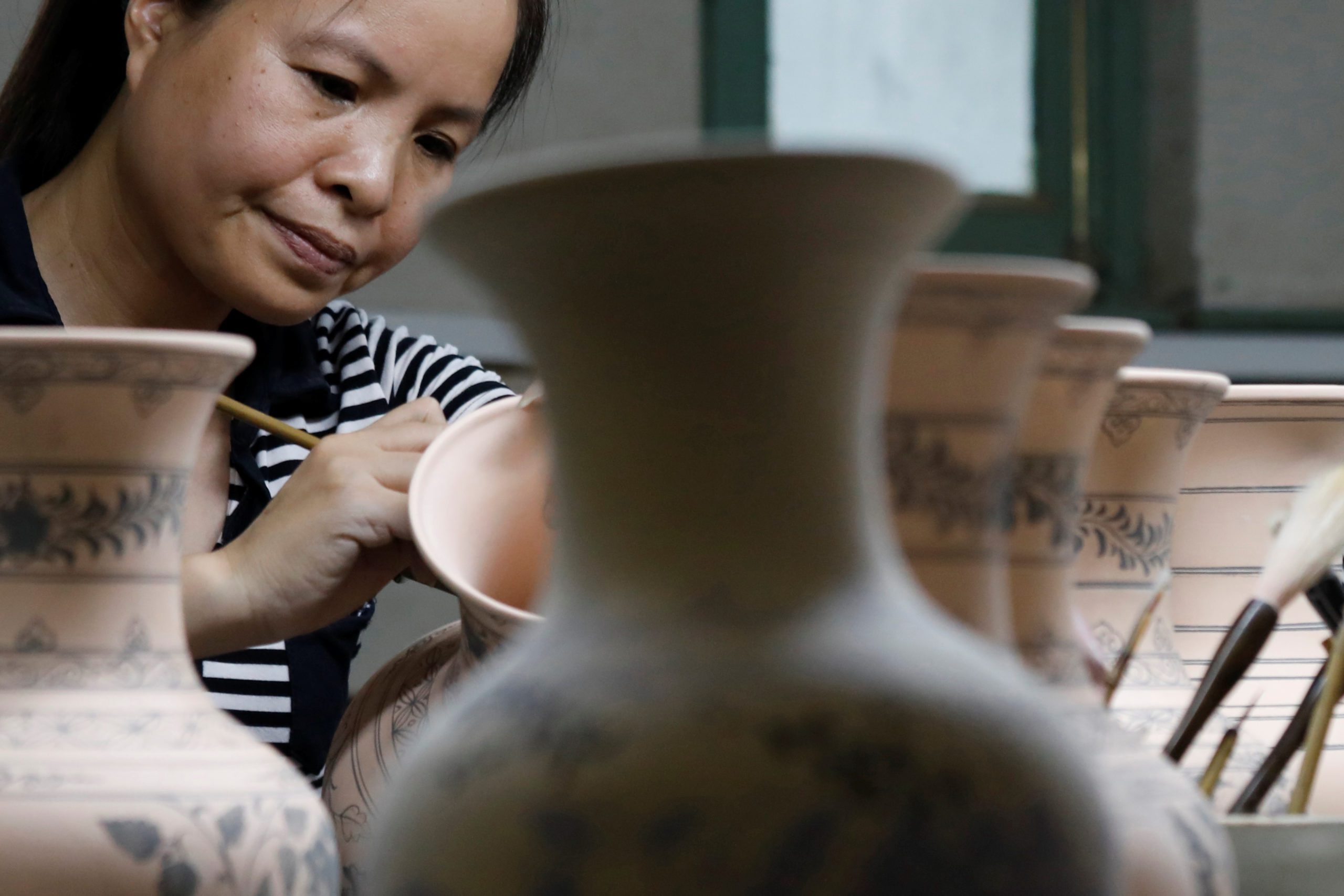
Considered one of the world’s poorest countries in the 1980s, Vietnam today has emerged as a rising star in Asia with impressive economic and social progress. By 2035, Vietnam aims to graduate from lower- to upper-middle income status, and become a prosperous, creative, equitable, and democratic society. As women are half of the population and women’s economic empowerment increases social and economic benefits, creating more female entrepreneurs is a central part of the government’s agenda. According to the National Strategy on Gender Equality for 2021-2030, the Vietnamese government expects to see more women business owners in the coming years, accounting for 27 percent of all enterprises by 2025 and 30 percent by 2030.
Reality
Over the past three decades, Vietnam has shown steady signs of progress in increasing its number of women entrepreneurs. Beginning with the Private Enterprises Law introduced in 1990, legislation has moved toward being more comprehensive and gender-inclusive, with women-owned SMEs (small- and medium-sized enterprises) mentioned for the first time in the Law on Support for Small- and Medium-sized Enterprises in 2017. In 2020, Vietnam ranked second in Southeast Asia and 25th globally in terms of women’s business ownership, according to the Mastercard Index of Women Entrepreneurs.
The statistics, however, are not very encouraging if we take a deeper look at women’s entrepreneurial participation. The percentage of women-owned business is still lower than the indicator set for 2020 (26.5 versus 35), and 99 percent of these are micro-, small-, and medium-sized enterprises concentrated in lower productivity sectors. In the economic downturn due to the COVID-19 pandemic, half of these enterprises were partially suspended or temporarily dissolved. Furthermore, the rate of women-owned businesses reporting decline in revenues of 75 percent or greater in the first quarter of 2020 was almost double that of their male counterparts.
The question is, what is holding back Vietnamese women entrepreneurs?
The question is, what is holding back Vietnamese women entrepreneurs? The literature shows a multitude of challenges faced by female entrepreneurs in Vietnam, including discriminatory social and cultural norms and beliefs, limited access to financing, inadequate knowledge of information and communication technologies (ICTs), lack of social networks and opportunities for capacity building, and gender-biased or even gender-blind legislation. These challenges obviously affect women’s ability to realize their entrepreneurial ambitions.
Action
A startup’s success is correlated with its founder’s investment in knowledge. Education, therefore, becomes a gateway to a brighter future for women entrepreneurs. While lack of access to training represents a significant hindrance for women, the wrong types of training and support can be an even bigger barrier. In other words, developing suitable interventions and policy strategies is no easy feat. A review of capacity building for women entrepreneurs in Vietnam conducted in 2020 revealed that existing training programs are neither demand-driven nor gender-sensitive.
Prior research suggests that training programs can fail if we do not understand learner wants and needs from the beginning. This is especially true for entrepreneurship training, as the needs and preferences of learners may vary depending on gender, stage of venture development, and the environment within which the entrepreneurs operate. Evidence, therefore, is needed to better understand Vietnamese female entrepreneurs’ learning needs and preferences to inform practices and support policies for more effective women’s entrepreneurship education and training.
To fill this gap, I will dedicate my time at Brookings as an Echidna Global Scholar to building the evidence base around Vietnamese women entrepreneurs’ perceived learning needs and preferences—the starting points for the intervention and policy development process. My hope is that the findings that emerge from qualitative interviews with participants from a women’s entrepreneurship training program in Vietnam and successful women in business, as well as state and nonstate policy actors, will support the development of future gender-responsive policies and programs for women’s entrepreneurship in Vietnam. This in turn will accelerate the growth of women-owned businesses to achieve the national development agenda.


